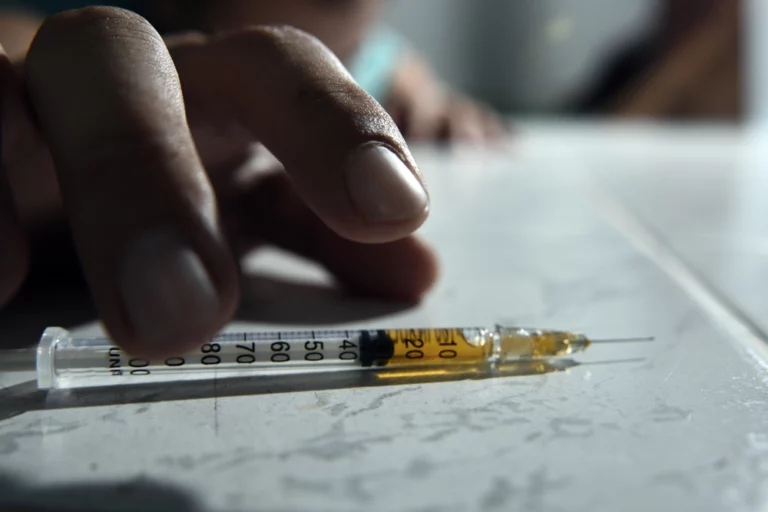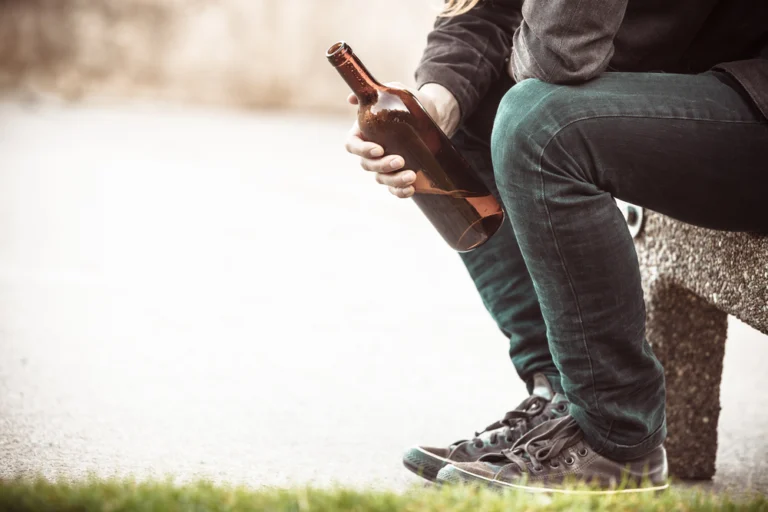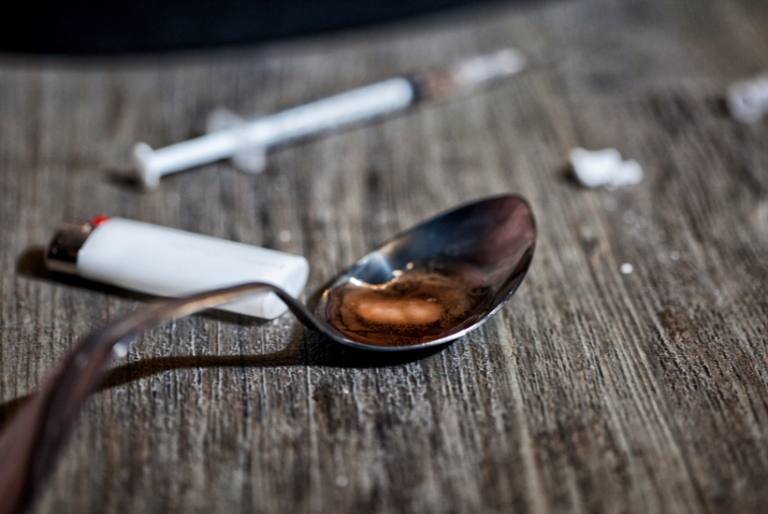Depersonalization From Weed: 10 Tips to Recover
Depersonalization is a state of feeling disconnected from oneself and one’s surroundings. It leads to a sense of unreality and detachment. It is often described as feeling like an outside observer of one’s thoughts, feelings, and actions.
One possible cause of depersonalization is the use of marijuana or weed. “Weed” is a commonly used informal term to refer to marijuana, a psychoactive drug made from the dried leaves and flowers of the cannabis plant.
The active ingredients of marijuana can alter brain chemistry, affecting the way individuals perceive themselves and their environment. It can also affect the parts of the brain responsible for memory and attention and can lead to difficulty in forming new memories and concentrating.
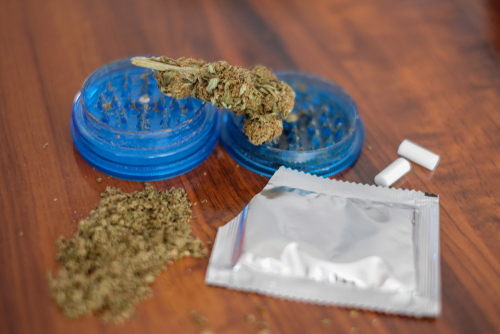
Understanding Depersonalization From Weed
Depersonalization is a psychological condition that various factors can trigger. These factors are linked to the usage of marijuana or weed. When someone experiences depersonalization from weed, they may feel detached from reality and as if they are in a dream-like state.
It’s important to note that studies on depersonalization from weed were based on K2 or “Spice,” a chemically-made synthetic cannabis strain.
What Does Derealization Feel Like?
The effects of depersonalization from weed use can vary from person to person. It’s pretty common to experience the following symptoms after having a negative experience while using synthetic cannabis, LSD, ketamine, or other hallucinogenic substances:
· Feeling high even without drug use
· Inability to come down from a high
· Sensations of being outside of one’s body
· Lingering high that persists into the next day
· Experiencing panic attacks, and depression
· Loss of interest in activities that one once enjoyed
· Feelings of unreality and disconnection from reality
· Sensations of being in a dream-like state while awake
· Feeling disconnected from one’s body and emotions
· Sudden onset of a high even though no drugs have been consumed
· Lingering effects of a “weed hangover” that don’t seem to go away
· Experiencing strange sensations for days after consuming an edible.
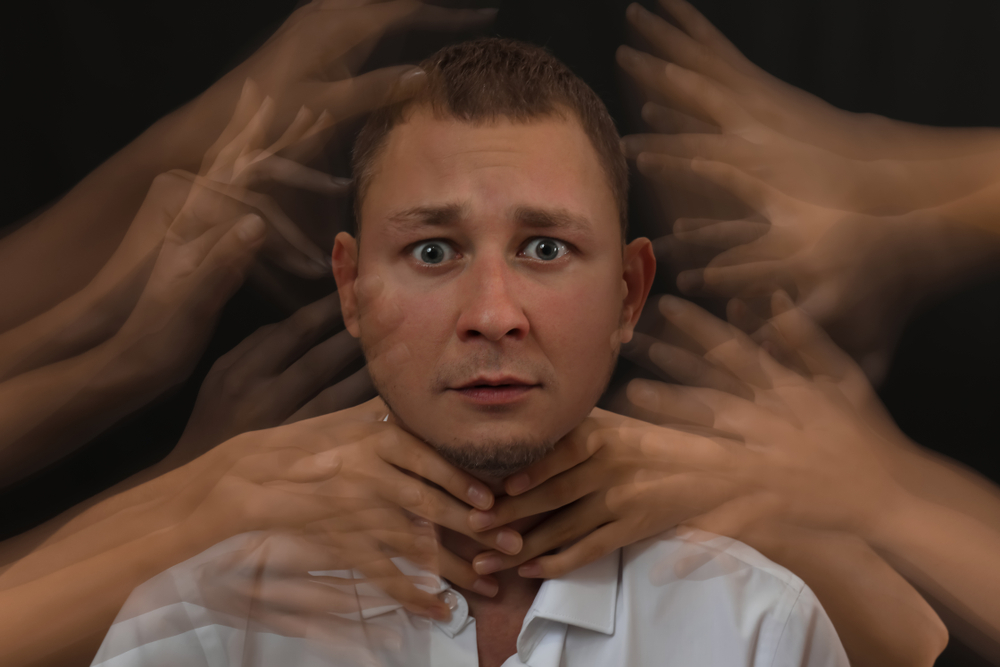
What Drugs Cause Derealization?
According to research, the symptoms of chronic depersonalization-derealization are identical regardless of whether they were caused by drug addiction.
Drug abuse might be a trigger for depersonalization-derealization disorder. Using drugs such as synthetic marijuana, alcohol, or stimulants might hasten the onset of depersonalization-derealization.
Marijuana’s psychoactive ingredient can interfere with the adequate functioning of the brain’s neurotransmitters. Tetrahydrocannabinol (THC) can potentially disrupt the brain areas that control perception, attention, and memory, resulting in depersonalization.
What’s the Solution?
If you are experiencing depersonalization from weed, you must stop using marijuana. Continued use of marijuana can exacerbate the symptoms of depersonalization and may lead to other mental health issues. It is also essential to seek help from a medical professional, therapist, or recovery center for proper diagnosis and treatment.
Understanding your addiction cycle is essential to eliminating it and starting a fulfilling life. To learn more about this, you can read our informative guide.
Recovery Tips for Depersonalization from Weed Use
Depersonalization can be addressed through a multifaceted approach that addresses the underlying causes while enhancing general physical and mental well-being. Below is a quick breakdown of 10 tips to help you recover from this issue.
Tip #1: Stop Using Weed
The first step to overcoming depersonalization from weed use is to stop using marijuana immediately.
This will help you determine whether the depersonalization is caused by marijuana or something else. Continued use of marijuana can cause depersonalization and lead to other mental health issues. Seek professional help to quit marijuana use.
Tip #2: Practice Mindfulness
Although you may feel a strong urge to panic, rest assured that you are not going insane.
Mindfulness techniques can help reduce stress and anxiety levels. These techniques include deep breathing exercises and meditation. This, in turn, can alleviate symptoms of depersonalization. Practicing mindfulness can also help improve focus and concentration, which can help with memory recall.

Tip #3: Regular Exercise
Engage in exercise or activities such as playing video games or musical instruments that capture your attention and interest.
Exercise is an excellent way to relieve stress and enhance mental and physical health. Regular exercise can also help regulate sleep patterns. It is essential for reducing symptoms of depersonalization. Begin with easy workouts like walking or yoga, and gradually raise the intensity and duration of your workout.
Tip #4: Get Enough Sleep
Getting enough sleep is crucial for reducing symptoms of depersonalization. Establish a regular sleep schedule and create a relaxing bedtime routine. Avoid using electronic devices before bedtime and limit caffeine and alcohol intake, which can disrupt sleep.
Tip #5: Stay Hydrated
Dehydration can worsen symptoms of depersonalization. Drink plenty of water and stay hydrated throughout the day.
It is an essential step in dealing with depersonalization problems. Dehydration can worsen feelings of depersonalization in the body. To stay hydrated, it is critical to eat an adequate amount of water and fluids throughout the day. You should drink at least 8-10 cups of water per day.

Tip #6: Don’t Feel Guilty
It’s vital to realize that you are not responsible for what is happening to you. Blaming yourself for that last drag or edible won’t help.
Feeling guilty about depersonalization from weed use can exacerbate symptoms and lead to negative self-talk. Remember, depersonalization is a medical condition that can be treated, and it is not your fault. Avoid blaming yourself and seek help from professionals who can diagnose and treat appropriately.
Tip #7: Seek Therapy or Counseling
The sensation you are currently experiencing is your body’s natural response to intense anxiety and perceived trauma. Although it may seem paradoxical, this feeling will fade if you let it.
If your depersonalization symptoms persist or worsen, seek the help of a mental health professional. Therapy or counseling can help you understand the underlying causes of depersonalization from weed use and develop coping mechanisms to manage symptoms. A professional can also help you create a treatment plan and provide support throughout the recovery process.
Tip #8: Try Relaxation Techniques
Remember that you are secure, and the situation will not deteriorate or transform into something else.
Stress and anxiety can worsen depersonalization; therefore, practicing relaxation techniques might be beneficial. Relaxation techniques (progressive muscle relaxation and guided imagery) can help reduce stress and anxiety. These techniques can also improve sleep quality and help alleviate symptoms of depersonalization.
Tip #9: Avoid Stressors
Depersonalization is not an unusual or strange condition by any means. It is a highly prevalent experience that many people encounter regularly. Note: The lifetime prevalence of depersonalization-derealization disorder is approximately 2% both in the United States and worldwide.
Avoiding stressors, such as high-pressure situations and trigger events, can help reduce symptoms of depersonalization. Identify stressors that trigger symptoms and find ways to minimize or eliminate them.

Tip #10: Remember
Remember that this is a transitory feeling. It won’t persist indefinitely nor deteriorate or result in anything else.
Remember, depersonalization is a temporary feeling that can be treated. Recovery may take time, but proper diagnosis and treatment can overcome depersonalization from weed use. It is essential to remain positive and seek appropriate treatment when needed.
Depersonalization Is Always The Same
Despite having different triggers, the critical thing to understand is that depersonalization is always the same. Whether triggered by drug use or another event, the symptoms of depersonalization and derealization are the same, as are the treatments. Also, there is no reason to be concerned if you feel more derealization than depersonalization.
If you are experiencing depersonalization, you must focus on rebuilding a fulfilling life. Start your journey of hope and healing with us at Louisville Recovery Center.
Get Help With Depersonalization At Louisville Recovery Center
In Louisville, KY, there has been a significant increase in marijuana use over the past few years. It is vital to seek help from a recovery center if you are experiencing depersonalization from weed use. Louisville Recovery Center offers professional treatment and support for individuals struggling with substance abuse and related mental health issues. Getting assistance from a professional treatment center can give you the skills and techniques to overcome depersonalization and live a better, more rewarding life.


